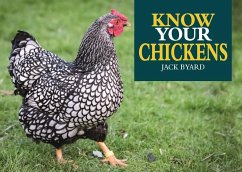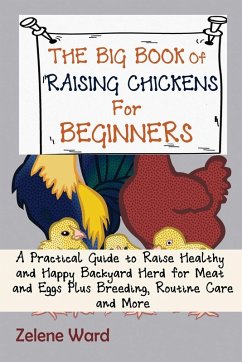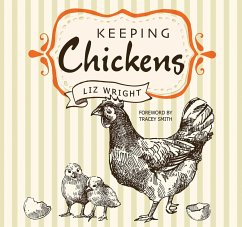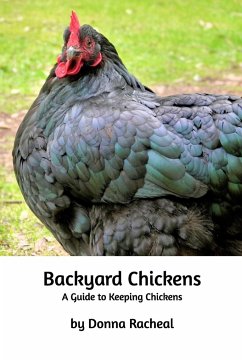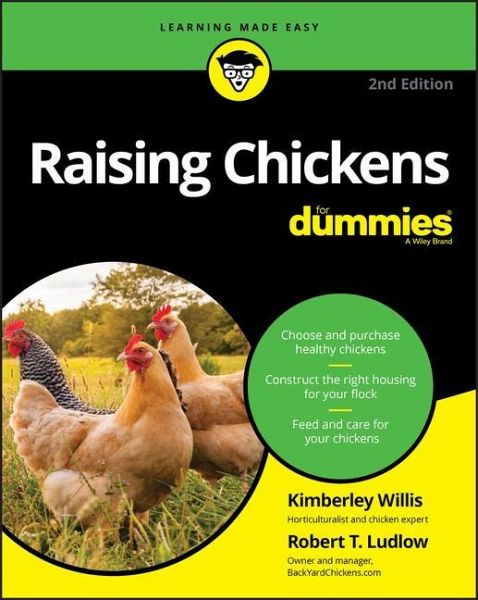
Raising Chickens for Dummies
Versandkostenfrei!
Versandfertig in 2-4 Wochen
25,99 €
inkl. MwSt.
Weitere Ausgaben:

PAYBACK Punkte
13 °P sammeln!
* Choose and purchase healthy chickens * Construct the right housing for your flock * Feed and care for your chickens Your trusted resource for keeping chickens This hands-on guide offers complete coverage on chicken care, from feeding your birds for optimal health to controlling pests and predators?and everything in between. Learn what you need to know about the stages of growth, from chick to adult, and discover the best way to collect, clean, and store eggs. Whether you're a first-time poulterer or you've been raising chickens for years, you'll find fast, authoritative advice for keeping c...
* Choose and purchase healthy chickens * Construct the right housing for your flock * Feed and care for your chickens Your trusted resource for keeping chickens This hands-on guide offers complete coverage on chicken care, from feeding your birds for optimal health to controlling pests and predators?and everything in between. Learn what you need to know about the stages of growth, from chick to adult, and discover the best way to collect, clean, and store eggs. Whether you're a first-time poulterer or you've been raising chickens for years, you'll find fast, authoritative advice for keeping chickens in virtually any backyard. Inside... * Understand basic chicken biology and behavior * Supplement feed with grit * Recognize and deal with disease * Safely mate your chickens * Get tips on the latest urban farming trends * Package and store home- butchered poultry







